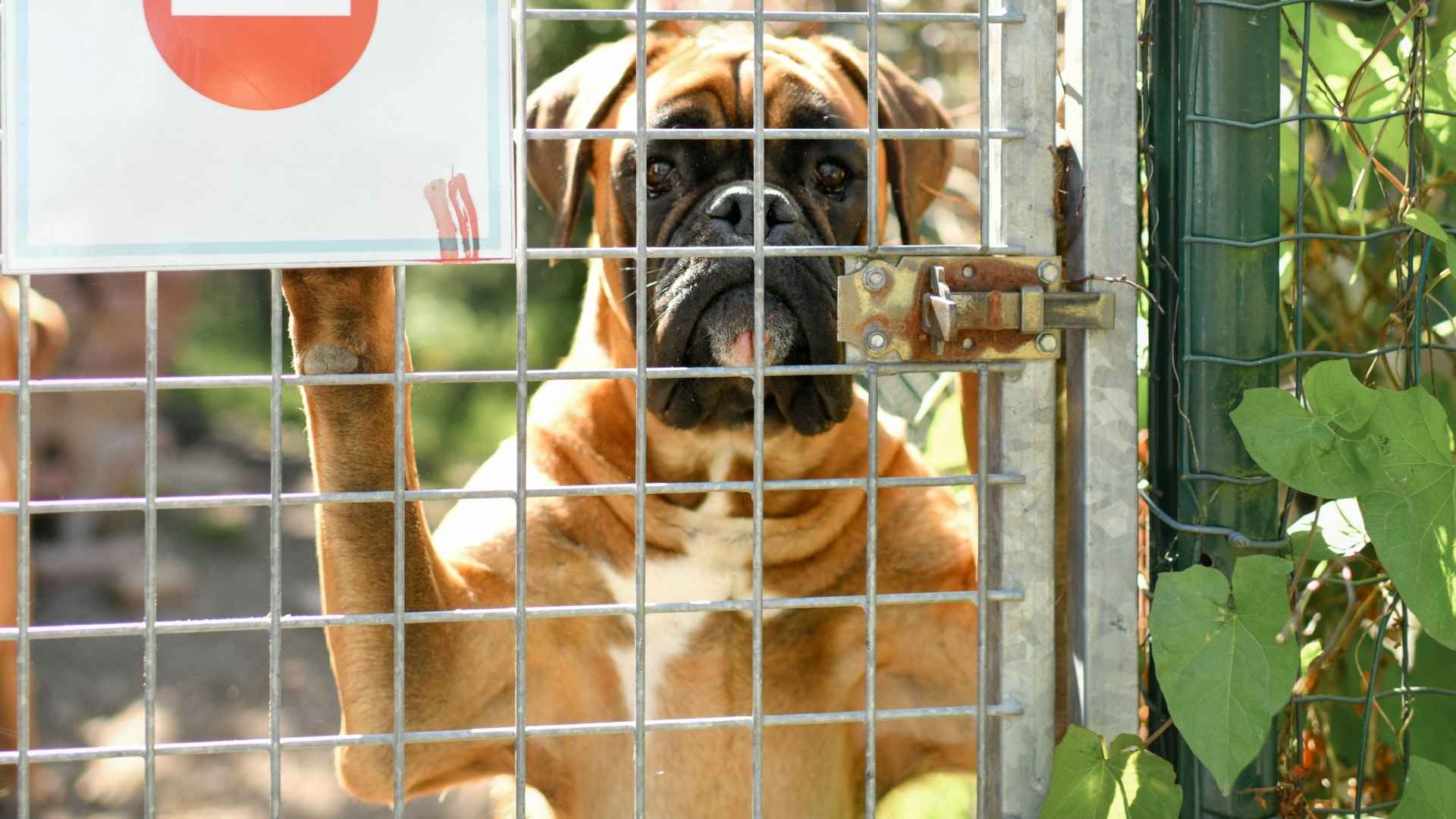Why do some of the most loyal, affectionate dogs spend the longest time behind shelter walls—ignored, misunderstood, and passed over time and again?
Despite the growing awareness around pet adoption, myths and misconceptions still shape how many potential adopters choose their future companion. According to the AKC, age-old superstitions about “evil black dogs” continue to influence perception. In pop culture, such as the horror film The Omen, coal-black Rottweilers were cast to represent danger and doom, imagery that sticks in the public psyche.
These outdated associations contribute to what animal shelters now refer to as Black Dog Syndrome: the ongoing trend of black dogs being overlooked for adoption, often without any valid reason.
This bias, combined with concerns about size, health issues, and breed stereotypes, means that many loving, loyal dogs are stuck in shelters far longer than they should be. So if you’re wondering what dogs are the hardest to adopt—or what makes a great dog truly great—keep reading. You might just fall in love with a dog breed you never expected.
Dog Breeds Least Likely to Be Adopted
These overlooked breeds often wait the longest in shelters, not due to flaws, but because of myths, misunderstandings, and outdated fears. Let’s uncover why these dogs deserve a second chance.
1. Pit Bull
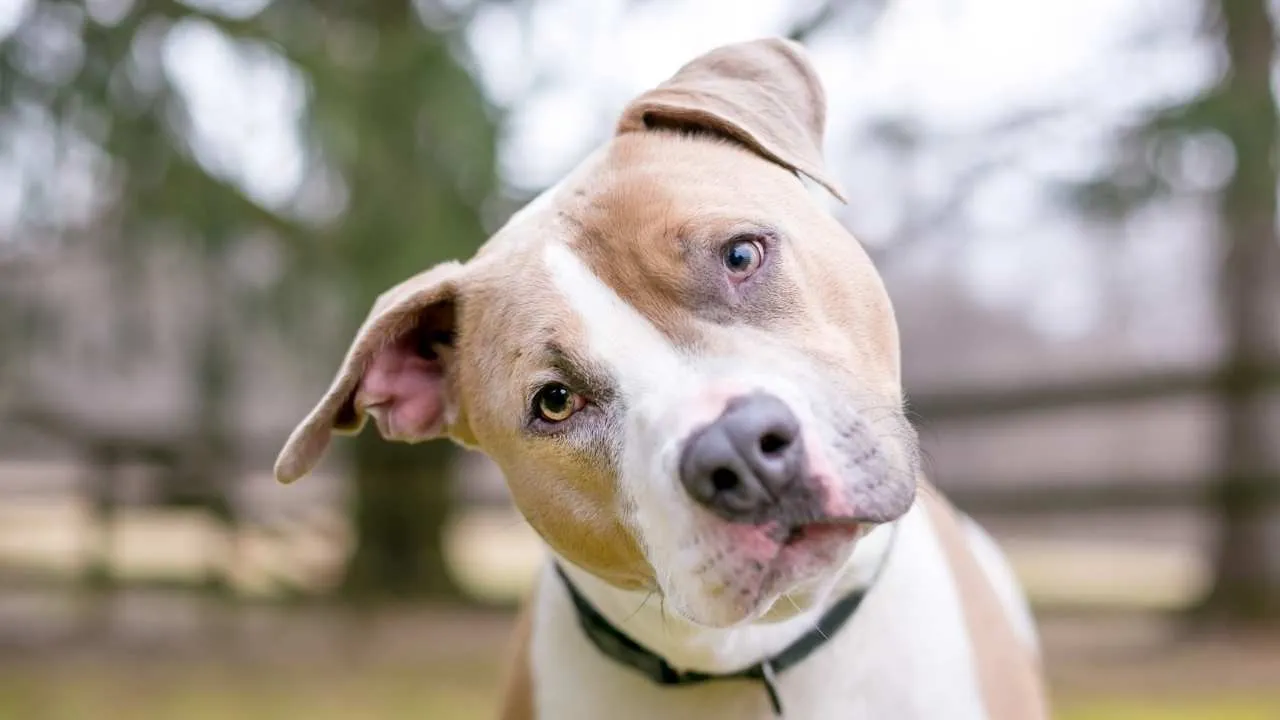
Despite being labeled “aggressive,” Pit Bulls are affectionate, loyal, and make great companions. Yet, they are consistently among the dogs least likely to be adopted, especially in areas with breed-specific legislation. Many shelters house more Pit Bulls than other dogs, creating an overwhelming adoption gap.
The Problem With Perception
The media often portrays Pit Bulls as dangerous, which deters potential adopters. But when properly trained, they’re nanny dogs, gentle with kids and incredibly bonded with their favorite people. Breed bans and misinformation from backyard breeders only worsen their situation.
Why They Deserve a Chance
Pit Bulls can be a great dog for first-time dog owners with the right guidance. Their high energy levels make them ideal for active households, and they thrive with training and affection.
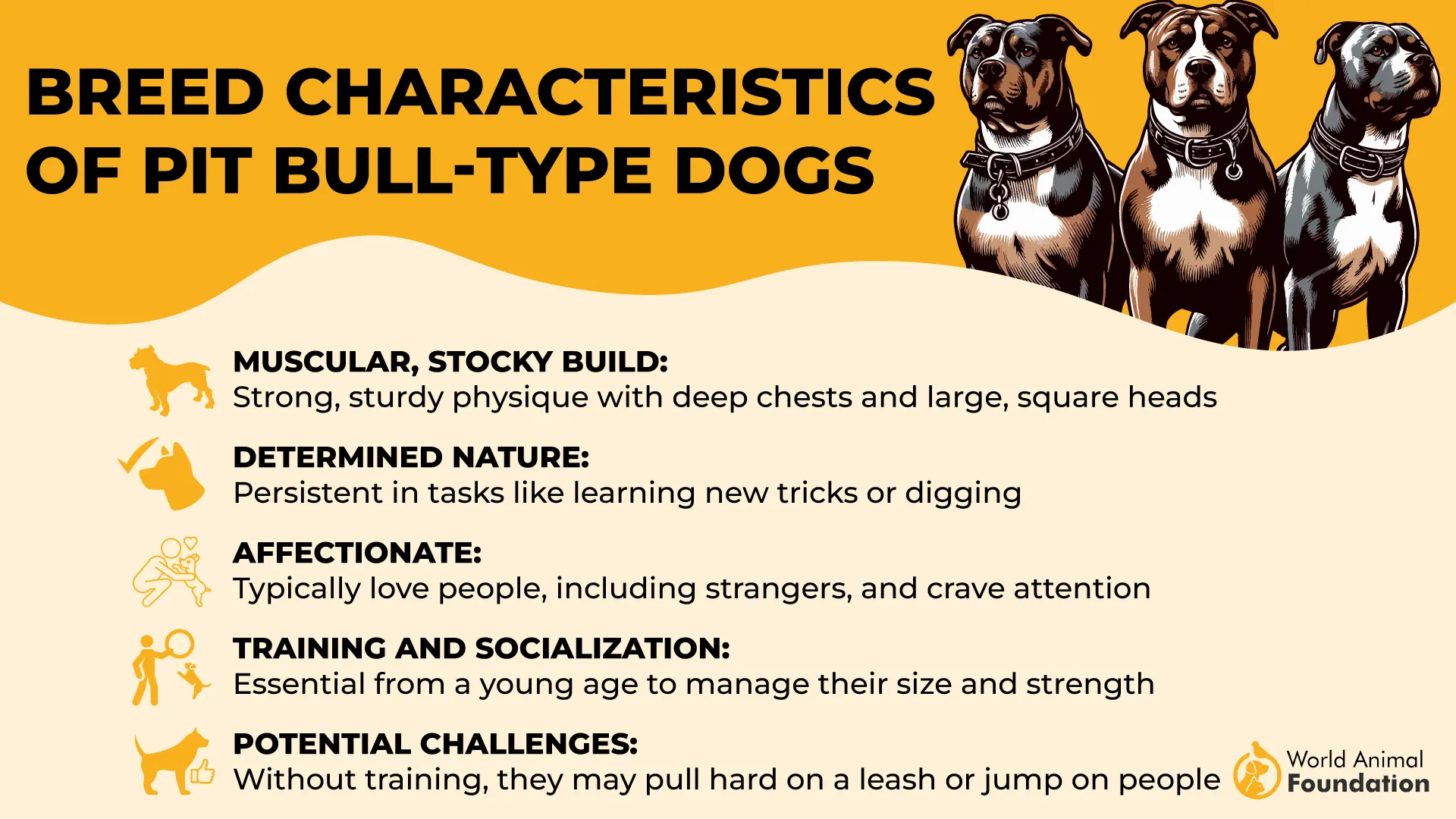
Sadly, many are euthanized simply due to their breed, not behavior. What they really need is patience and a loving home.
2. Bulldog
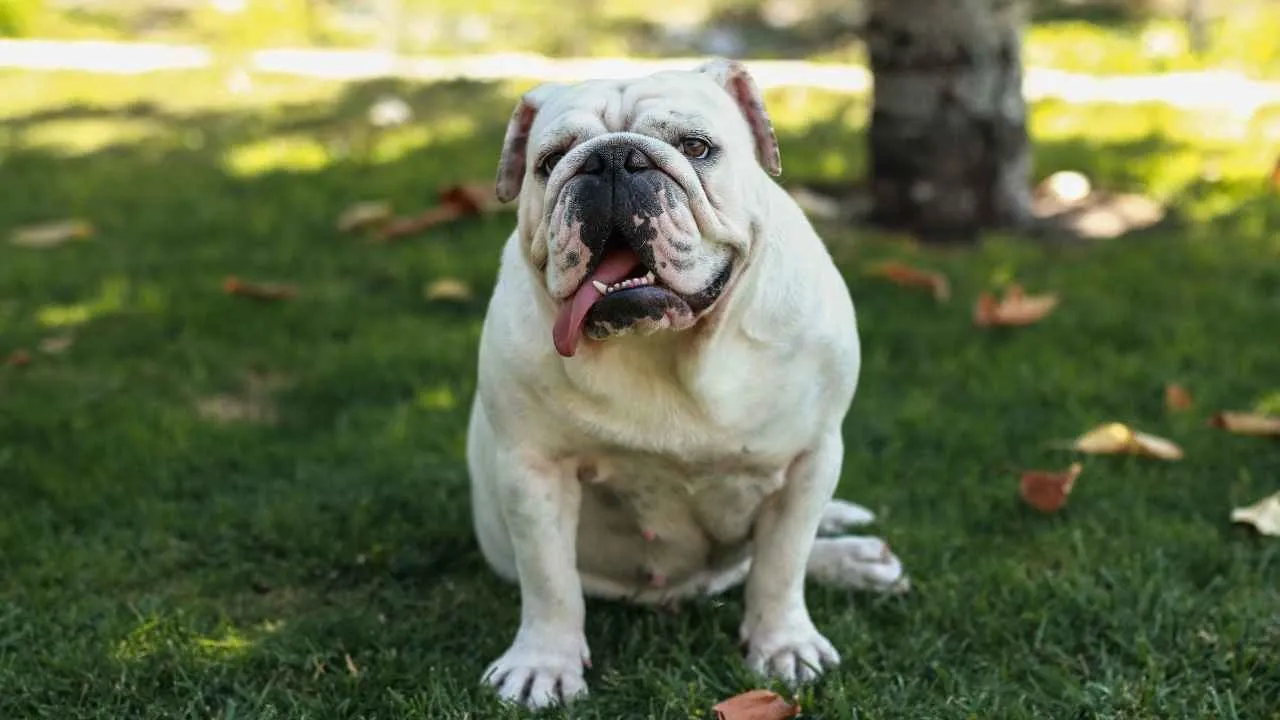
Despite their loyal nature, Bulldogs are among the dogs least likely to be adopted, especially the American Bulldog.
Their size, strength, and energy needs often intimidate first-time dog owners, and many overlook their affectionate personality. Others worry about health issues, vet costs, or their compatibility with children and other pets.
Not Ideal for Homebodies
According to PetMD, American Bulldogs require a lifestyle that includes exercise and training. They aren’t suited for low-energy homes or tiny apartments.
People who enjoy hiking or outdoor activities will find a great match, but couch potatoes may struggle with their high physical demands.
A Misunderstood Companion
Bulldogs are often misjudged due to their tough appearance and brachycephalic (short-nosed) features. While they can overheat easily and need mindful care, they are incredibly affectionate and loyal to their favorite people.
Sadly, most potential adopters pass them over for breeds they assume are less “work,” but few are as rewarding.
3. Chihuahua

Chihuahuas are among the most surrendered and least adopted small dogs in shelters. Despite being compact and loyal, their reputation as timid dogs with “attitude” makes them less appealing to families with children.
Tough Start, Tender Heart
Often mishandled by inexperienced owners, Chihuahuas can develop behavioral issues. But with proper socialization, they’re incredibly affectionate. Unfortunately, their high surrender rate, fueled by backyard breeders, adds to their overpopulation in shelters.
Not Just for Purses
Chihuahuas can live long, happy lives. They make great companions for apartment dwellers and senior dogs who need a friend.
Their loyalty is unmatched, but their small size hides a big heart that just needs the right person to see past the stereotypes.
4. Greyhound
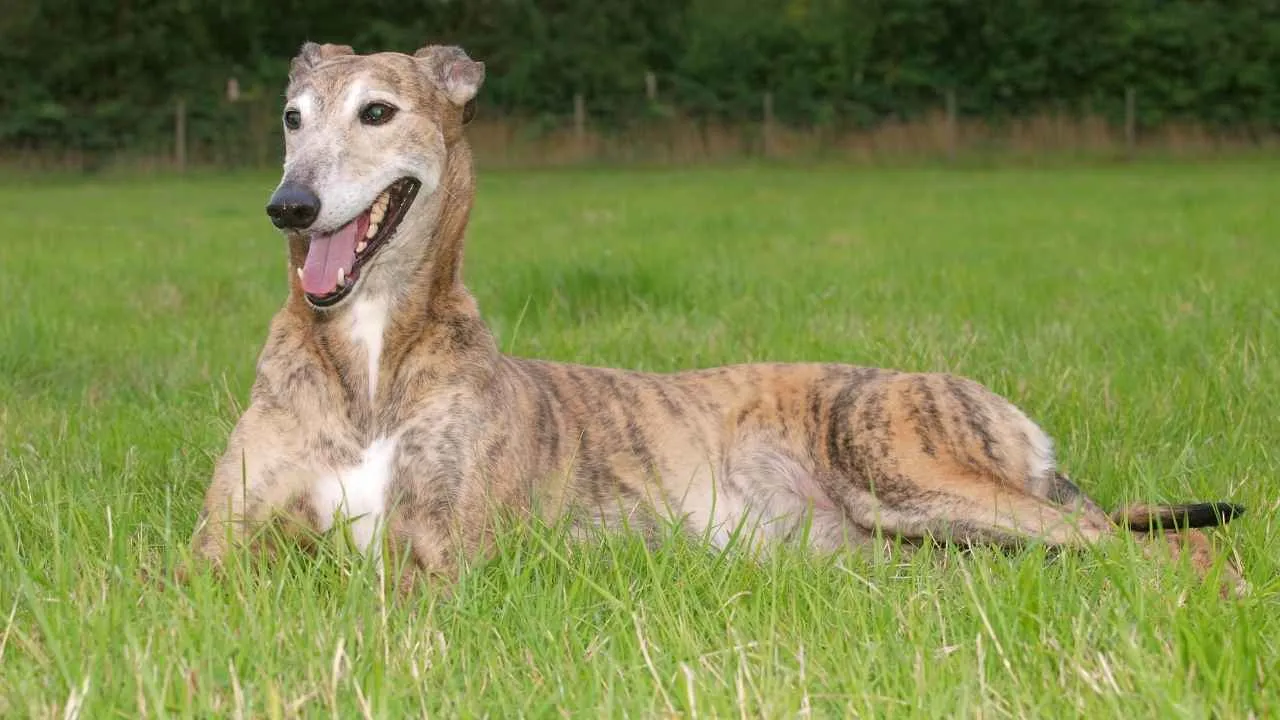
Known for their speed on the racetrack, Greyhounds often face tough odds once their racing days are over. Many are surrendered to animal shelters as early retirees.
Despite being quiet, gentle, and affectionate, they’re often overlooked, especially if they’re older dogs or have black fur, which further lowers adoption rates.
A Long-Term Commitment
According to WebMD, Greyhounds live 10 to 13 years, typical for their size. Adopting a young Greyhound means planning for a decade or more of care. This deters adopters looking for short-term pets or those hesitant about long-term responsibility.
Calm Souls With Gentle Hearts
Many assume Greyhounds need constant running, but they’re surprisingly content as couch potatoes. Their large size may seem daunting, but they’re quiet, well-mannered, and thrive in calm homes.
Sadly, many shelters report that timid dogs like Greyhounds get passed over in favor of other dogs that seem more outgoing.
5. Rottweiler
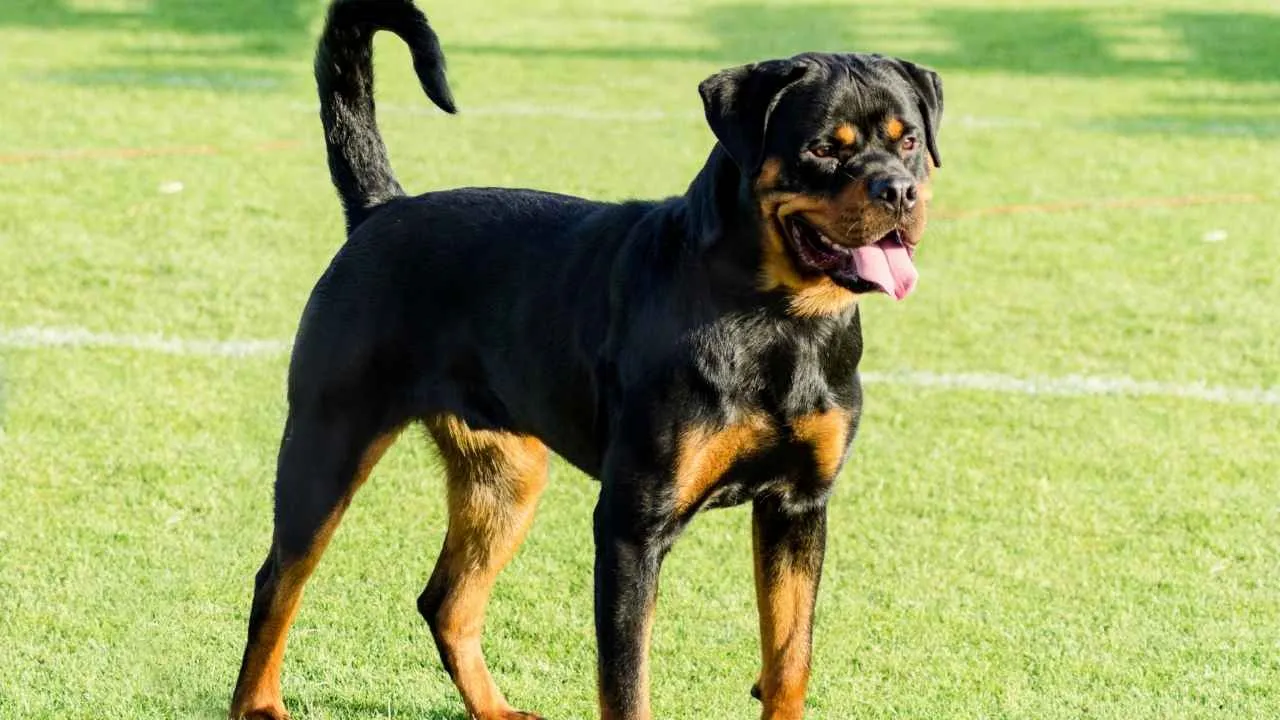
Rottweilers are loyal guardians, but are often feared due to their size and perceived aggressive nature. Sadly, they’re frequently misunderstood, making them one of the dogs least likely to be adopted, especially in urban areas.
Misjudged Protectors
Many potential adopters hesitate because of breed stereotypes and media portrayals. Rottweilers require confident handlers, but that doesn’t mean they’re unsafe. With proper training, they’re loving protectors of their family and gentle with children.
Worth the Commitment
These large dogs need exercise, boundaries, and mental stimulation. But they give back tenfold in loyalty and love.
Sadly, their presence in shelters continues to rise due to wrongful labeling and a lack of education. All they need is someone willing to understand their temperament.
6. Boxer
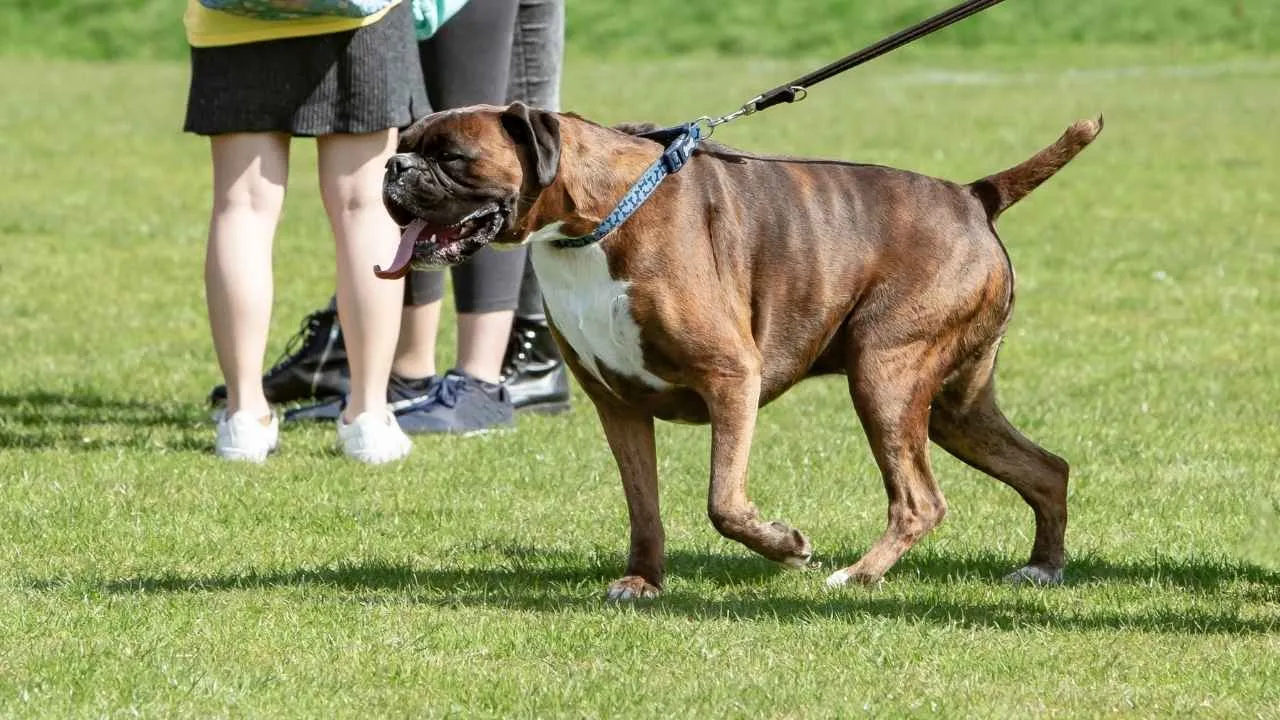
Boxers are joyful, muscular dogs with expressive faces and boundless energy. Despite their charm, they’re among the dogs least likely to be adopted, especially by first-time dog owners.
Many adopters underestimate the daily commitment required to meet their high energy levels and emotional sensitivity, leading to frequent shelter surrenders.
Sensitive Yet Strong
According to Purina, Boxers are confident and fearless, not aggressive, but ready to defend if needed. However, they do not like being left alone. When isolated, they often become anxious and destructive, which contributes to their high return rates in animal shelters.
A Family-Focused Athlete
With the right training and daily exercise, Boxers make wonderful pets for active families. They adore children, love interactive play, and thrive in homes with structure.
Unfortunately, many potential adopters choose calmer or smaller breeds, overlooking the fact that Boxers are deeply loyal, affectionate, and incredibly fun to live with.
7. Shih Tzu

Known for their royal past and flowing coats, Shih Tzus surprisingly rank among the dogs least likely to be adopted, especially in overcrowded shelters. Their long grooming needs and medical issues often turn off potential adopters.
Hair Today, Gone Tomorrow
While adorable, Shih Tzus require regular brushing and vet visits for eye and skin conditions. Sadly, senior dogs in this breed group are often left behind for puppies or purebreds from a breeder.
Love in a Little Package
Despite their size, Shih Tzus are sturdy, affectionate, and great for apartments. They love attention and adapt well to a quiet life indoors. With patience and care, they can be wonderful pets for those who look past the fluff and see the friend inside.
Conclusion
Every dog deserves a chance at a full, happy life. Yet many remain overlooked due to factors beyond their control: breed-specific legislation, size, age, appearance, or energy levels. From misunderstood Pit Bulls to elderly Shih Tzus, these rescue dogs embody love, loyalty, and hope. But to thrive, they need someone willing to look beyond media portrayals, stereotypes, and outdated myths.
Black dogs, senior pets, and even mixed breeds often stay in shelters the longest, while Golden Retrievers and retrievers in general tend to be the most adopted. So next time you visit an animal shelter, consider choosing the one that’s been waiting the longest. You might just find the most affectionate, patient, and grateful companion you’ve ever had.


